Accordingly, after 8 years of implementing Resolution No. 18-NQ/TW, dated October 25, 2017 of the 12th Party Central Committee on a number of issues on continuing to innovate and streamline the political system's organizational structure to operate effectively and efficiently, we have completed the goals set out in the Resolution by 2030 five years ahead of schedule, creating an important turning point in deploying and organizing the implementation of the Party's Resolution in the new situation.
On organizing local elections when operating a two-level government model
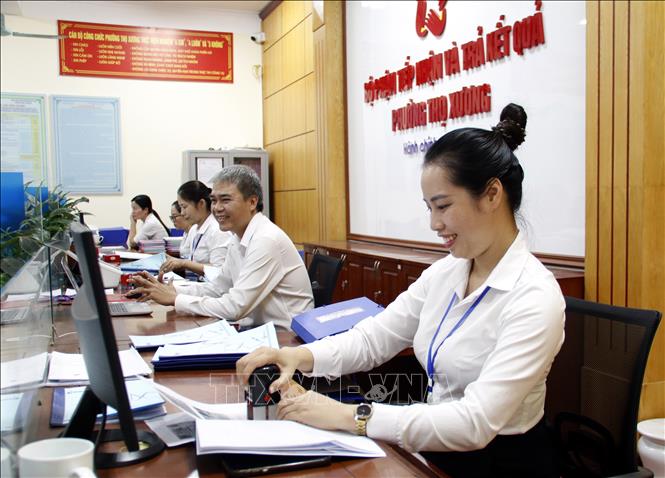
On the morning of November 15, at the National Conference to disseminate the Politburo's Directive, deploying the election of deputies to the 16th National Assembly and People's Councils at all levels for the 2026-2031 term.
Speaking at the Conference, General Secretary To Lam emphasized that each election is an important milestone, associated with a different historical period and revolutionary mission of the nation. This is also an opportunity for us to affirm the leadership capacity of the Party, the management effectiveness of the State and the operational efficiency of the political system in the context of having just completed the streamlining of the organizational apparatus, merging administrative units, and reorganizing local governments according to the two-level model.
National Assembly Chairman and Chairman of the National Election Council Tran Thanh Man said that compared to previous terms, this election has many important new points such as: Shortening the term of the 15th National Assembly and People's Councils at all levels for the 2021-2026 term, setting the election date on March 15, 2026, 2 months earlier than previous elections. Shortening the time in the steps of the election process: the time from the end of submitting candidacy dossiers to the election day is reduced from 70 days to 42 days; the time frames for consultation, announcement of candidate lists, and settlement of complaints and denunciations are also adjusted accordingly, ensuring consistency and suitability to reality.
Regarding the organization of local elections when operating a two-level government model, Minister of Home Affairs Do Thanh Binh said that, unlike the election work of previous terms, Circular No. 21/2025/TT-BNV guides the professional work of elections according to the two-level local government model (provincial and communal levels). Therefore, localities need to review all work related to election work, from the establishment of organizations in charge of elections, assignment, coordination with agencies, organizations, units, preparation of equipment, documents to ensure consistency and synchronization with the two-level local government model and according to the instructions of competent authorities.
The Minister said that currently there is no longer a district level, so the determination of voting areas is decided by the People's Committee at the commune level and reported to the People's Committee at the provincial level. If necessary, the Provincial People's Committee will adjust the determination of voting areas. Or for administrative units that are special zones (formerly island districts), establish an Election Team and direct. Currently, the People's Committee of special zones directly establishes an Election Team, assigns tasks, prepares ballot boxes and ballots, posts lists, and reports to the Provincial People's Committee.
Step by step building a modern, friendly and service-oriented administration
Locally, from the difficulties of people having to work far from home and not having time to handle procedures during office hours, many models of "serving the people" in localities of Can Tho city have been born, contributing to supporting and creating favorable conditions for people to shorten the process and time to handle administrative procedures. Creativity and flexibility in grassroots administrative reform not only increase people's satisfaction but also gradually build a serving, friendly and modern administration.
Since July 1, when implementing the two-level local government, Quang Ninh province has reorganized the one-level Public Administration Service Center; at the same time established 54 Public Administration Service Centers in communes, wards and special zones. Up to now, the province has simplified and reduced 38% of the time to handle administrative procedures related to production and business activities. The average rate of online processing records reached 98.4%; the satisfaction level of the people reached over 99.7%.
Quang Ninh is considered one of the leading localities in administrative reform, digital transformation and effective operation of the 2-level local government model.
In order to complete the apparatus and meet the requirements and tasks in the new period, Chairman of Tay Ninh Provincial People's Committee Nguyen Van Ut directed the People's Committees of communes and wards in the province to urgently carry out the reception and recruitment of civil servants. In particular, it is necessary to focus on reviewing and receiving non-professional workers who meet the requirements.
Accordingly, the Provincial People's Committee requested localities to promptly complete and promulgate the list of job positions of the People's Committees at the commune level. Based on the list of job positions and assigned staffing quotas, localities must urgently review and establish procedures to receive qualified and eligible people to work as civil servants, focusing on prioritizing non-professional workers working at the People's Committees at the commune level. By November 18, 2025 at the latest, localities must send a request letter with full documents as prescribed to the Department of Home Affairs for appraisal.
In the process of implementing the two-level local government model, localities in Phu Tho province have achieved many positive results. In Tam Dao commune and neighboring communes, the Provincial National Assembly Delegation recorded many opinions requesting clarification of the mechanism for receiving and handling administrative procedures, decentralizing financial management, payroll and organizational structure to ensure the smooth operation of the post-merger government system. Communes reported that after the administrative unit arrangement, the workload increased while the payroll remained unchanged, many officials had to hold multiple positions, leading to overload, lack of management skills, information technology, and electronic record processing. Some specialized departments do not have officials who are well-trained in fields such as health, education, finance, planning, agriculture and forestry, etc.
The Chairman of the People's Committee of Phu Tho province requested departments, branches, sectors and People's Committees at all levels to continue to thoroughly grasp and seriously implement the Resolutions and Conclusions of the Central Government, the Government and the province on the arrangement of administrative units and the operation of the two-level local government model. The province assigned units to proactively review and handle difficulties and problems, especially in the fields of public administration, decentralization, delegation of power, personnel arrangement and infrastructure investment; strengthen training and skill training for cadres and civil servants, especially at the commune level, where they directly contact and solve the needs of the people...
Conclusion 210-KL/TW issued on November 12 clearly stated the tasks and solutions to continue building and perfecting the apparatus of the political system in the coming time. Based on the results achieved after 8 years of implementing Resolution No. 18-NQ/TW, the causes and lessons learned, in order to continue promoting the revolution of streamlining the apparatus, building, perfecting, improving the efficiency, effectiveness and efficiency of the political system, meeting the requirements and tasks of the country in the new development era, the Party Central Committee directed Party committees, agencies, units and organizations at all levels, especially the leaders, to perform well a number of tasks and solutions on: Political education, ideology, information and propaganda work; perfecting the institutions, functions and tasks of agencies, units and organizations in the political system; continuing to promote decentralization and delegation of power associated with administrative procedure reform; organizational arrangement; management of cadres, civil servants, public employees and inspection and supervision work.
Source: https://baotintuc.vn/thoi-su/tiep-tuc-hoan-thien-to-chuc-bo-may-cua-he-thong-chinh-tri-20251116081856689.htm


![[Photo] General Secretary To Lam receives Vice President of Luxshare-ICT Group (China)](https://vphoto.vietnam.vn/thumb/1200x675/vietnam/resource/IMAGE/2025/11/15/1763211137119_a1-bnd-7809-8939-jpg.webp)
![[Photo] Prime Minister Pham Minh Chinh meets with representatives of outstanding teachers](https://vphoto.vietnam.vn/thumb/1200x675/vietnam/resource/IMAGE/2025/11/15/1763215934276_dsc-0578-jpg.webp)




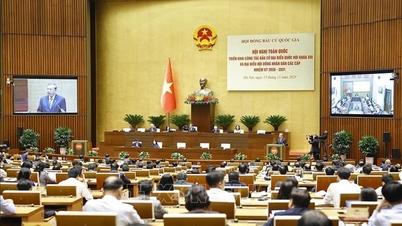
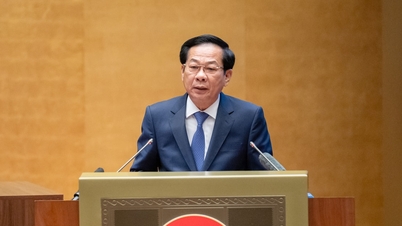

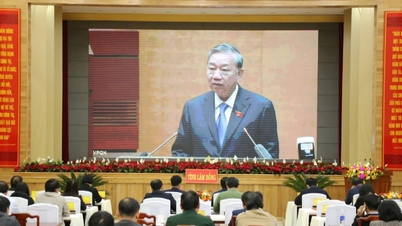

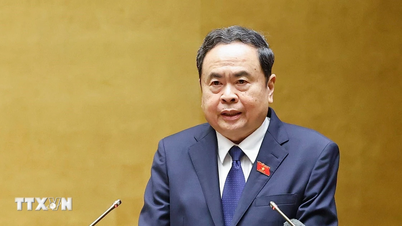

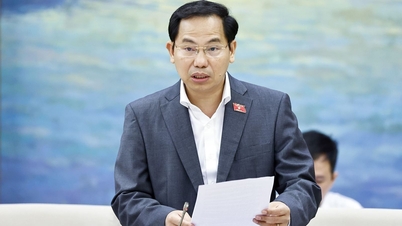
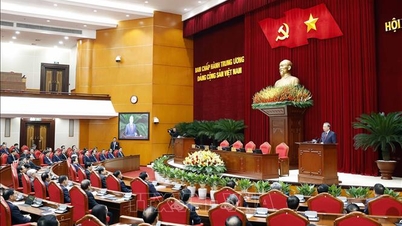


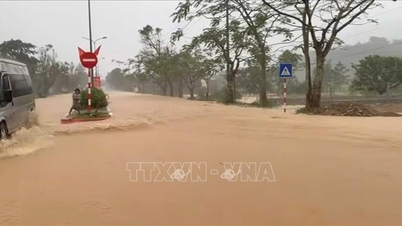




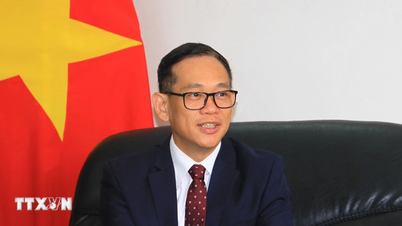




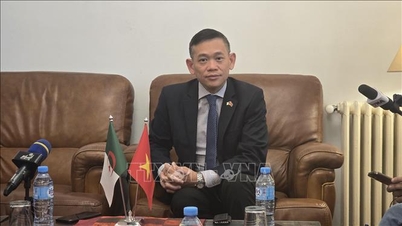
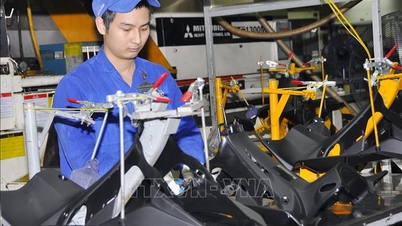
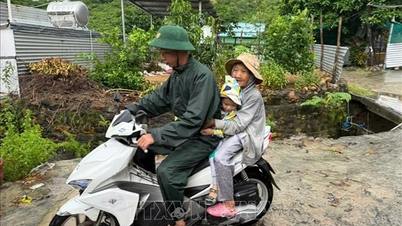
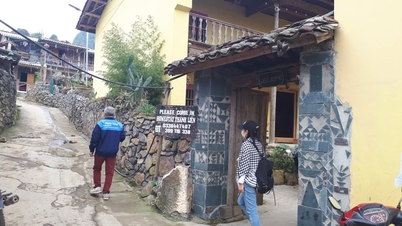
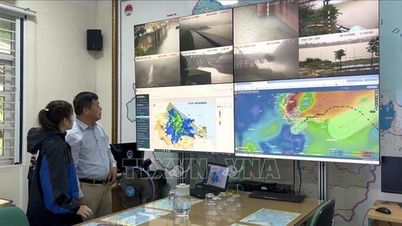
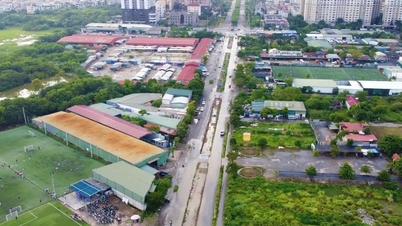














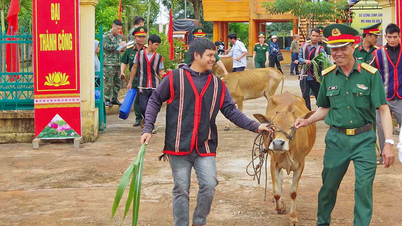
























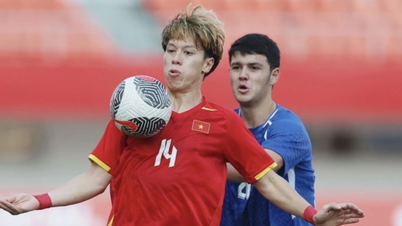









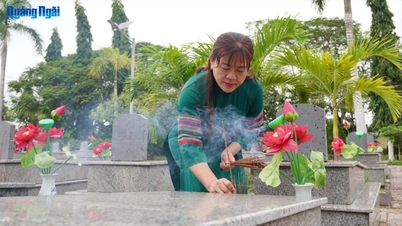














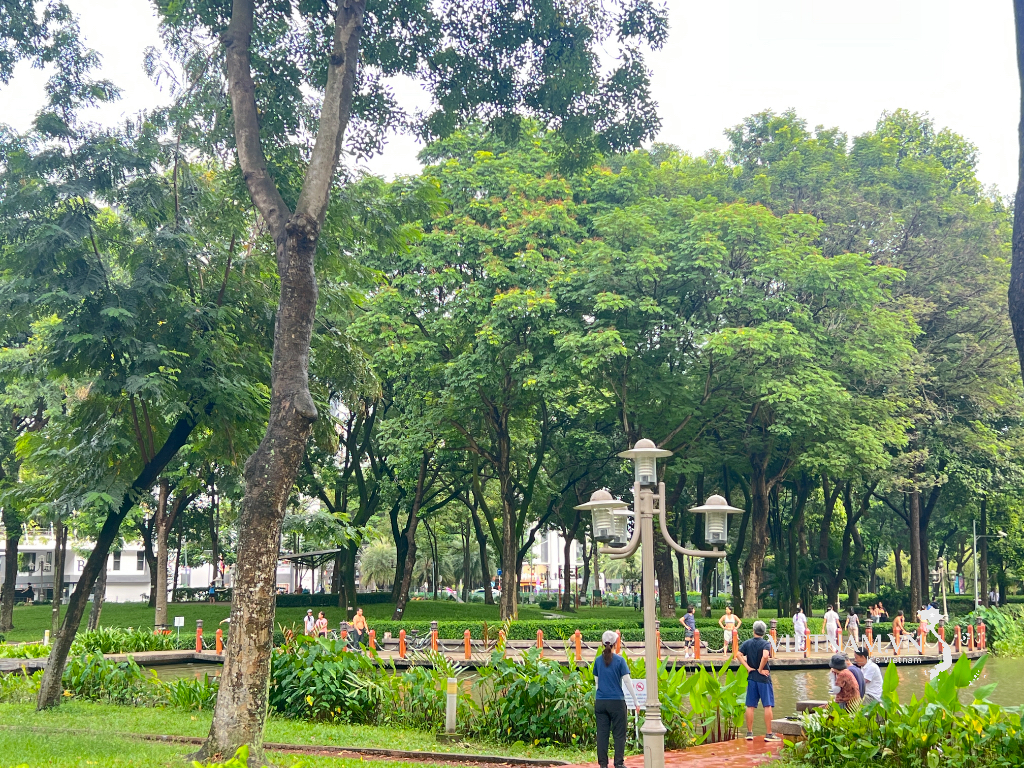



Comment (0)